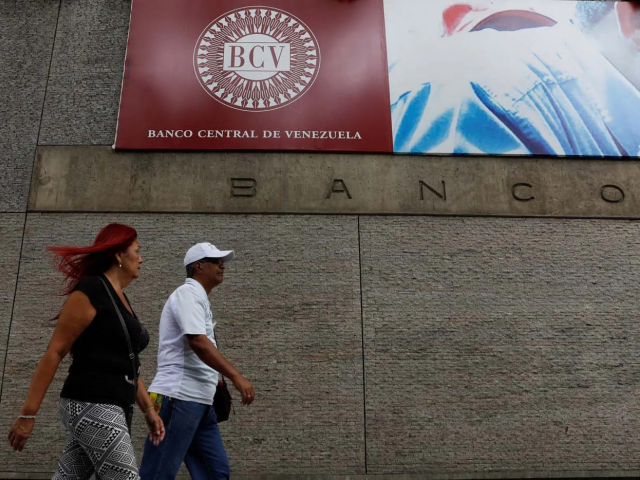
Venezuela
Venezuela leads the world in terms of interest rates. Its benchmark rate is currently a staggering 59.25%. The country’s central bank uses extremely high interest rates as a tool to fight inflation and stabilize the national currency, the bolivar, which has been rapidly losing value in the face of economic sanctions and lower oil prices. Yet, even such drastic measures have done little to pull the country out of its prolonged economic collapse.
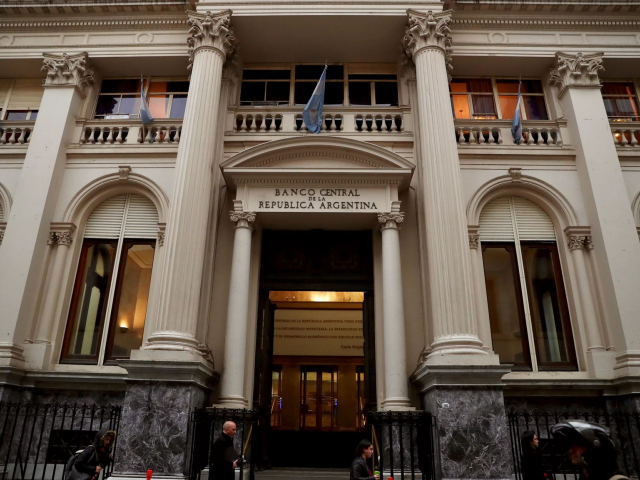
Argentina
Argentina, one of Latin America's largest economies, is also battling rampant inflation. In an attempt to curb rising consumer prices and bolster the peso, which is currently suffering another devaluation cycle, Argentina's central bank has kept interest rates at 40% since late spring. However, these efforts have borne little fruit as structural problems such as high government debt and political instability continue to erode investor confidence and fuel inflationary expectations among the public.
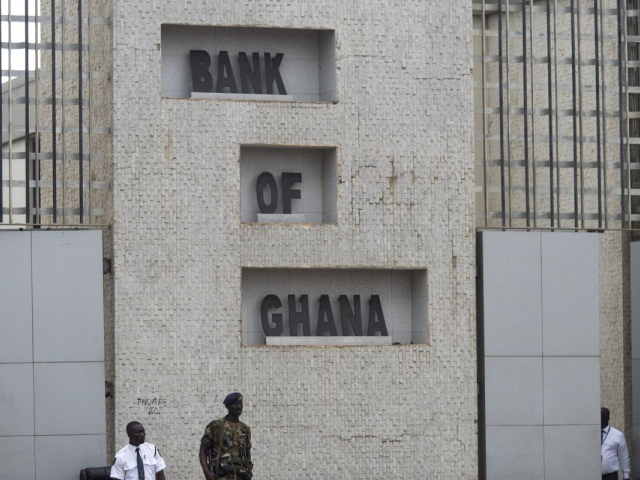
Ghana
Ghana, one of Africa’s fastest-growing economies, has held its interest rates steady at 29% since the beginning of the year. The move is seen as a necessary response to mounting inflation and economic challenges, caused by both global and regional factors such as volatility in global financial markets and fluctuating export prices. However, despite high interest rates, inflationary pressures remain a serious threat to the country’s sustainable economic growth, potentially stifling investment activity.
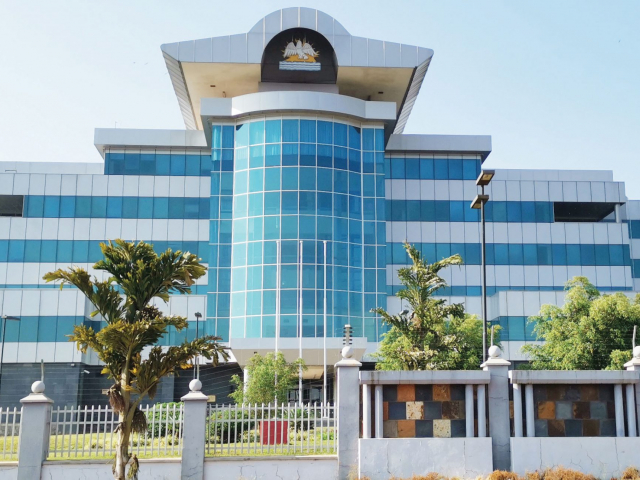
Malawi
Malawi, a country in southeastern Africa, has maintained its interest rates at 26% since January. The hawkish policy is aimed at curbing inflation and stabilizing the local currency, the kwacha. However, deep-rooted structural issues such as the country's reliance on imports and limited domestic growth drivers continue to undermine its economic stability, raising doubts about the long-term effectiveness of this measure.
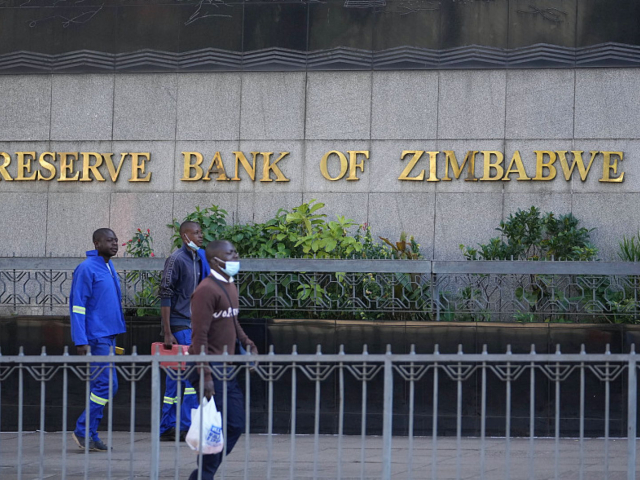
Zimbabwe
Rounding out the top five is another African nation, Zimbabwe, where interest rates remain at 20%. Zimbabwe's central bank has tightened monetary policy in a bid to tame hyperinflation and support the Zimbabwean dollar, which has suffered heavy losses in recent years. High interest rates are also seen as a tool to stem capital flight and stabilize the banking sector, which is facing severe challenges amid a broader economic downturn.
 Deutsch
Deutsch 
 Русский
Русский English
English Bahasa Indonesia
Bahasa Indonesia Bahasa Malay
Bahasa Malay ไทย
ไทย Español
Español Български
Български Français
Français Tiếng Việt
Tiếng Việt 中文
中文 বাংলা
বাংলা हिन्दी
हिन्दी Čeština
Čeština Українська
Українська Română
Română
